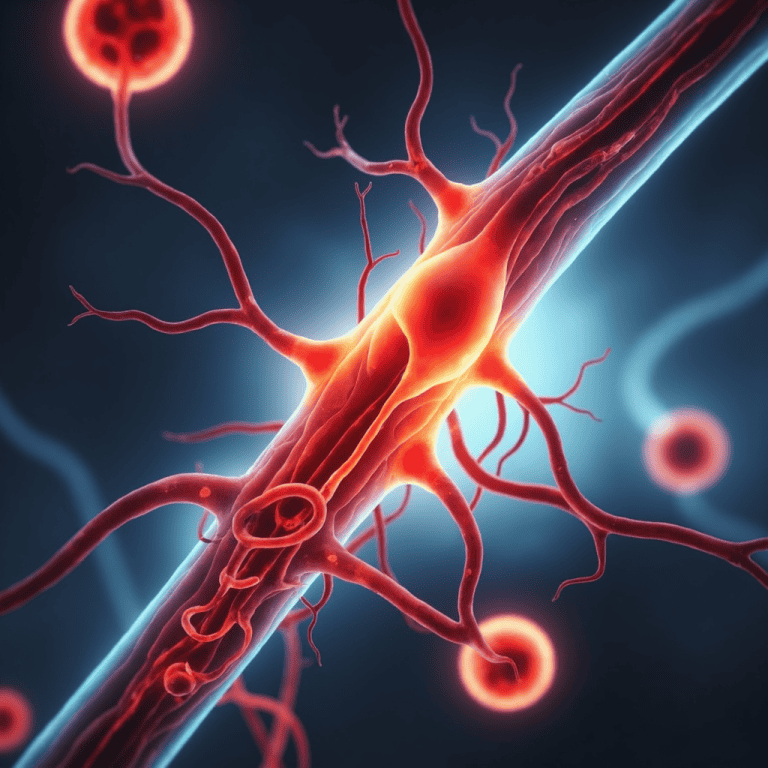Welcome to the Blood Vessels Quiz! In this quiz, you will learn all about the different types of blood vessels in your body and how they help transport blood throughout your system.
From arteries to capillaries to veins, you will discover their unique functions and structures.
Get ready to test your knowledge on the importance of blood vessels in maintaining a healthy circulatory system. You will also learn about common issues that can arise with blood vessels, such as high blood pressure and varicose veins.
So, let’s dive in and see how much you know about these vital pathways in your body!
Play Blood Vessels Quiz
Instructions
- This quiz is multiple choice.
- Read each question carefully before selecting an answer.
- Choose the best answer for each question.
- You will see the missed questions with correct answers at the end of the quiz.
Quick Facts
- Blood vessels are like highways that carry nutrients and oxygen to all parts of your body.
- There are three main types of blood vessels: arteries, veins, and capillaries.
- Arteries are thick-walled blood vessels that carry oxygen-rich blood away from the heart.
- Veins are blood vessels that carry oxygen-poor blood back to the heart.
- Capillaries are tiny blood vessels that connect arteries and veins, allowing for the exchange of nutrients and waste.
- Blood vessels are essential for maintaining proper circulation and keeping your body functioning properly.
- The walls of blood vessels are made up of layers of smooth muscle and elastic tissue.
- Blood vessels can expand and contract to help regulate blood flow and pressure throughout the body.
- Damage to blood vessels can lead to serious health problems, such as heart disease and stroke.
- Keeping your blood vessels healthy through regular exercise and a balanced diet is important for overall well-being.
Downloads
Study Tips
- Create a study schedule and stick to it.
- Find a quiet and comfortable study environment.
- Remove distractions such as phones and social media.
- Take breaks every 25-30 minutes to avoid burnout.
- Use active studying techniques like summarizing, highlighting, and teaching concepts to someone else.
- Practice retrieval by testing yourself with flashcards or practice quizzes.
- Stay organized with notes, study guides, and resources.
- Stay hydrated and eat brain-boosting foods like fruits, nuts, and whole grains.
- Get enough sleep to improve memory retention and cognitive function.
- Reward yourself for reaching study goals to stay motivated.
